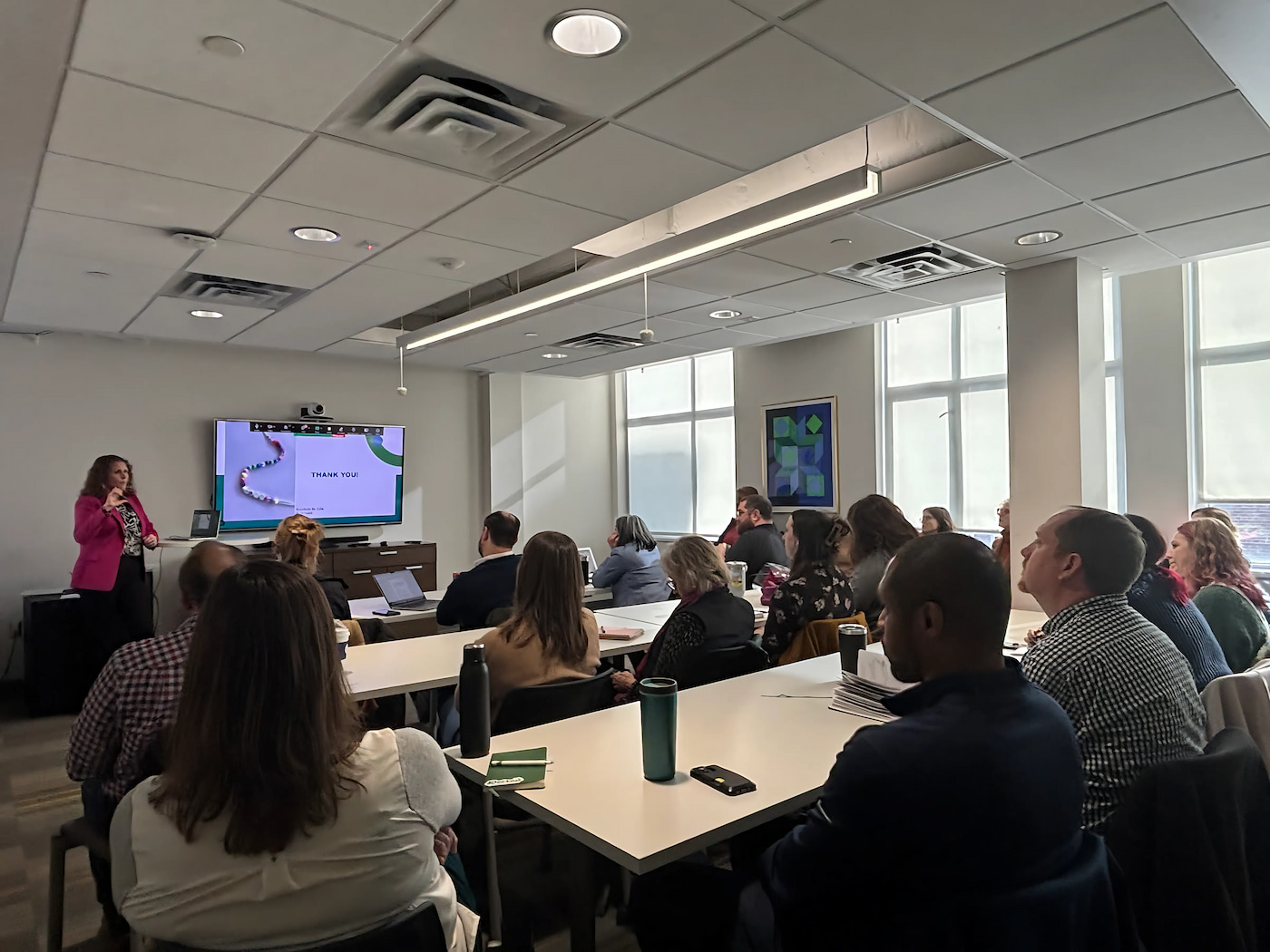Ph.D. candidates defend dissertations on disability, medical aid in dying
Drs. Kathryn Wright and Caitlin Cassady successfully defended their dissertations in February and will earn doctorates in social work and anthropology and anthropology, respectively, at Wayne State University's commencement later this semester.

Wright’s dissertation, "Exclusion and Education: Disability and Personhood in Public School," presents a 10-month ethnographic study of self-contained middle school classrooms. Her research examines the impact of exclusion on students, the social relationships they form, and how school environments reinforce distinctions between disabled and able-bodied students. She argues that school social workers can play a key role in addressing these issues through policy and practice changes.
Cassady’s dissertation, "Medical Aid in Dying: Physician Beliefs, Practices, and Respect for Autonomy," explores the controversial practice of medical aid in dying (MAiD), in which clinicians assist terminally ill patients in seeking and completing a medically assisted death. While legal in an increasing number of states, MAiD remains debated in social work, medicine, and disability studies. Cassady’s research examines concerns about coercion and the devaluation of disabled lives while also considering arguments for patient autonomy and choice. She outlines future research directions relevant to both anthropology and social work.